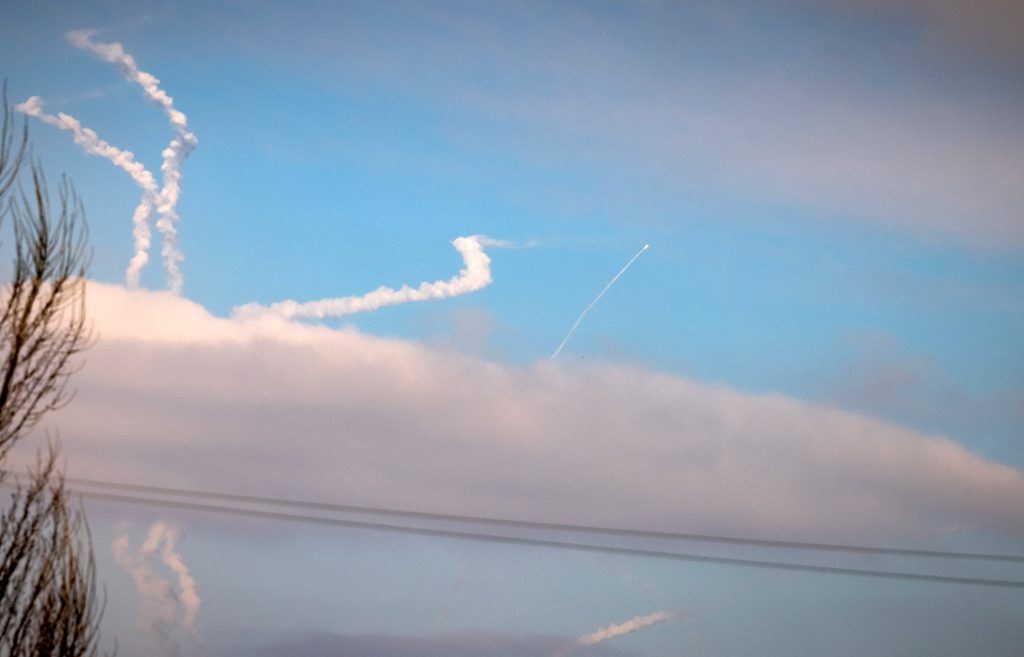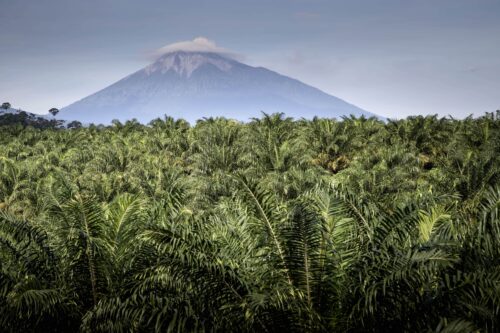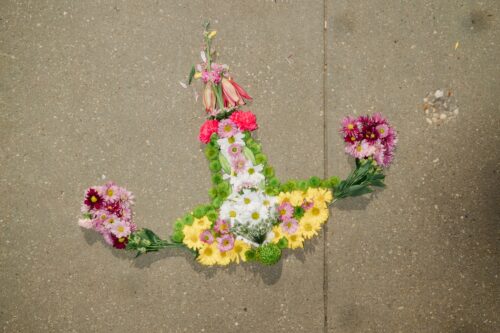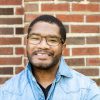Hard Water

I.
That cloud hovering
looks like it came all the way
from Ukraine, sadness
has darkened our skyline.
The rain is hail
shattering the landscape into pieces
of debris that keep falling. It is
hard water pillaging the garden—
water that lays flat like a doll
left behind or a ball deflated
then stepped over.
II.
Humanity at this crossroad:
how did we get here?
how hard must the hearts
of them be
who find value in the pain of others?
What currency? What richness
is worth the tears
of torn families—
where a child can only wave
from a distance for the very last time
hug the air
as if it were a parent.
III.
People stumble into many
clutching remnants of morning,
their heirlooms lost but not
forgotten. Lives packed hastily
then dragged along the rubble
looking back into the miasma,
nearly grazed by bullets
ringing ear drums, set to an
orchestra of cries and screams,
babies toddling cobbled stoned streets
alone.
IV.
Those in the heat of agony
need bода because
[1]
[1]
Ukrainian for water. Pronounced “voda.”
we all know that it can become
whatever it fills, that it cleans
and helps to build, that it flows
and it rises and its tides
move with the moon.
Somewhere in the world
it’s raining and the water is soft
and in it, children are playing,
someone’s falling in love.
A child has looked up
smiling at the sun.
Somewhere a boy plays with a ball
full of air, him full of wonder.































